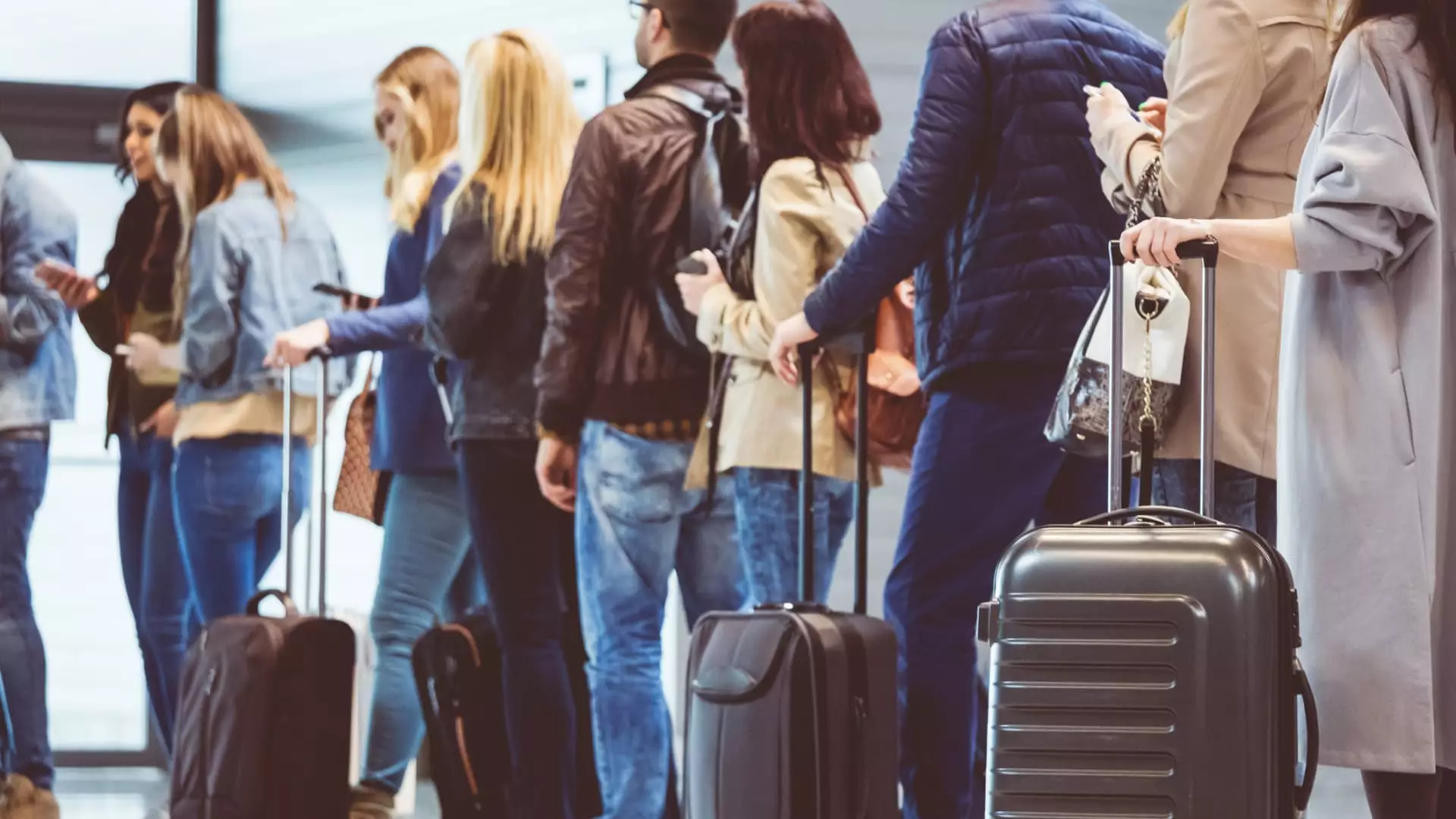For decades, Southwest Airlines set itself apart with a distinct philosophy rooted in simplicity, affordability, and the egalitarian spirit of first-come, first-served boarding. This approach, once cherished by travelers tired of navigating complex fare classes and tiered service, fostered a sense of fairness and spontaneity. However, the recent decision to introduce assigned seating marks a troubling departure from this legacy, signaling a shift towards the typical stratification seen at other major airlines.
This change isn’t just a logistical update; it reflects a fundamental reevaluation of Southwest’s identity. No longer will passengers share the same egalitarian experience—those who can afford the extra cost will gain priority access, leaving behind the democratic chaos of planes boarding in the order of arrival. This transformation could undermine the very community and authenticity that once made Southwest a beloved alternative in a crowded market.
The premiumization of flying: A step backward for consumer rights
The crux of this shift revolves around the commodification of boarding privileges. The concept that “the best seat in the house” is no longer just about comfort but about purchasing your way to the front reveals a broader trend affecting all sectors: the increasing disparity between those with money and those without. Southwest’s move subtly reinforces the notion that convenience and fairness are now exclusive privileges, sometimes reserved for the affluent or strategic travelers willing to pay extra.
Critically, this change perpetuates a system where the value of a user’s loyalty or the legitimacy of their fare class is diminished. Instead of rewarding those who genuinely value the airline’s traditional space for all, the industry encourages consumers to see boarding as a game of financial advantage. Such a model risks alienating the broader traveler base—families, budget travelers, and those prioritizing fairness—irreparably fragmenting the community ethos that once defined the airline.
Implications for the average traveler: A widening divide
Travel experts highlight that paying for early boarding primarily benefits those who need overhead space for carry-on luggage, or those chasing the illusion of control in their travel experience. But are these benefits truly justified? It’s a question that exposes how modern aviation prioritizes profit over passenger experience.
The shift also subtly coalesces with societal inequalities, where money dictates comfort and convenience. Travelers who previously might have relied on booking economy fares and still boarded early—thanks to elite status or the airline’s egalitarian boarding process—now face a stark reality: the ability to choose your seat and board early hinges increasingly on disposable income.
This backdrop accentuates a troubling trend: the erosion of a shared, equitable experience into a tiered service that favors the wealthy at a time when social cohesion and fairness should be at the forefront. Instead of fostering community and fairness, the airline industry seems to be further ingraining inequality into the fabric of everyday travel.
Are executives losing sight of their core mission?
This transformation calls into question who airlines are genuinely serving. Is the shift driven by a genuine need to improve efficiency and customer satisfaction, or is it merely driven by greed? For Southwest—once the quintessential democratizer of air travel—this pivot feels more like a capitulation to the bottom line than a thoughtful evolution.
The move to sell assigned seats and priority boarding hints at an industry that’s forgetting the core of what makes people love certain brands: authenticity, accessibility, and the user experience. In prioritizing profit over community, airlines risk forsaking their loyal customers—those who valued the simplicity and fairness that defined their brand.
Moreover, this change could alter the social dynamic onboard. Air travel has long been a shared experience—people from all walks of life, elbow-to-elbow, united in the shared journey. When boarding becomes a competition for overhead space and priority privileges, it risks turning what should be a communal experience into a stratified arena, fueled by transaction rather than camaraderie.
A warning sign for the future of air travel
Southwest’s decision should serve as a cautionary tale—a harbinger of what the future holds if the industry continues down this path. As airlines leverage pricing strategies to segment customers further, the boundary between service and luxury blurs, potentially leaving behind the average traveler.
This shift also raises significant questions about consumer rights and social responsibility. Should airlines not prioritize accessibility and fairness over profit? The challenge lies in balancing financial sustainability with a commitment to inclusivity. After all, airlines are not just profit-driven entities—they are public services that connect communities and foster social cohesion.
It is worth pondering whether this change signifies a lost opportunity—to innovate around customer experience without succumbing to the urge to divide and conquer through pricing tiers. If the goal is to serve a broad demographic and maintain the trust of the traveling public, airlines must reflect on whether their pursuit of short-term gains aligns with the long-term health of the entire industry.

